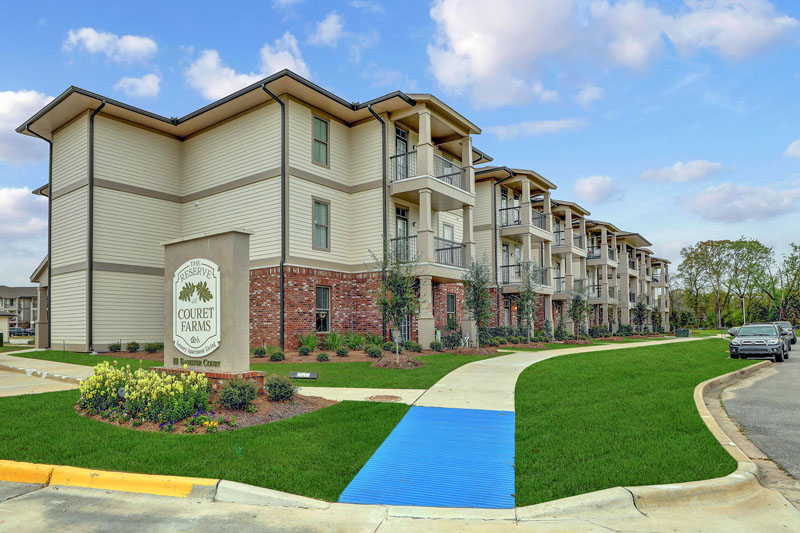There are numerous benefits of HUD-insured multifamily loans – they are high leverage, fixed rate, non-recourse and have 35 to 40 year amortizations. All good stuff, but what does HUD require from borrowers after the loan closes?
The standard “loan covenants” – as our banking brethren call them – for HUD-insured loans are contained in a Regulatory Agreement. While the Agreement contains requirements similar to other lending sources, i.e., deposits to cap ex, annual audits, permission required to make improvements, and limitations on placing additional debt on the property, one noteworthy HUD feature is the limitation on distributions of “surplus cash,” a quirky term that connotes annual net income but is a balance-sheet driven computation. Contact us if you want to learn more about this.
HUD allows distributions only twice a year: on June 30 and December 31. For successful, cash-flowing multifamily properties, limiting access to a borrower’s hard-earned cash can be frustrating; additional cash can be distributed in the form of identity-of-interest management fees, but there are offsetting expenses to that cash. HUD’s longstanding policy has been you get two bites at the surplus cash apple – until now!
In September, HUD announced that they will allow for increased frequency of distributions from surplus cash for eligible borrowers from the current maximum of twice a year to as often as once per month; this is limited only to HUD-insured multifamily properties not subject to a Section 8 rental assistance payment contract or a HUD-held mortgage note. The new policy has an effective date for loans closed after September 7, 2022. To qualify,
- The loan must be at minimum programmatic debt service coverage (1.17x for market rate deals)
- The property’s most recent inspection score must be at least 80 and no scores below 60 in the past three years.
- Newly closed loans must be outstanding for at least a year (unless the principals have prior HUD experience)
We applaud HUD’s new policy, as it brings their rules on distributions more in line with private lending, Fannie Mae, and Freddie Mac requirements.

